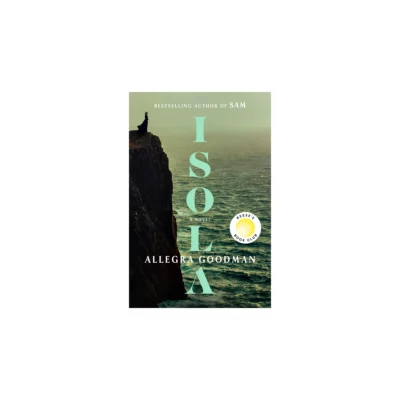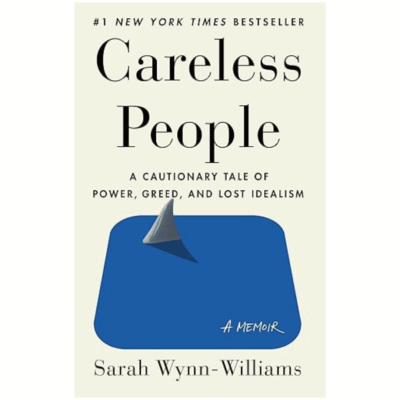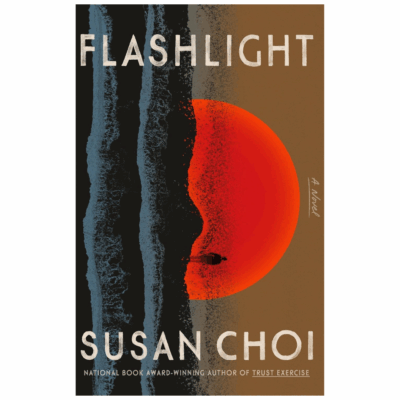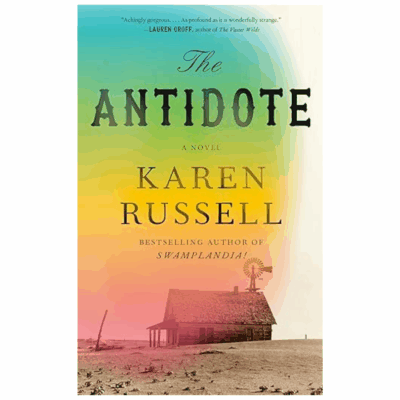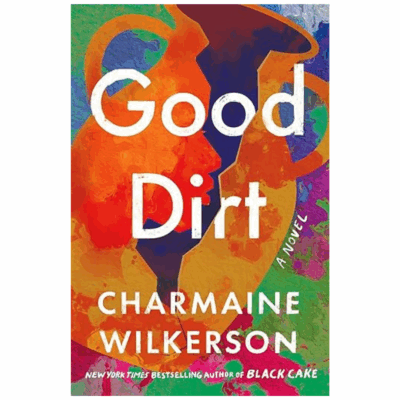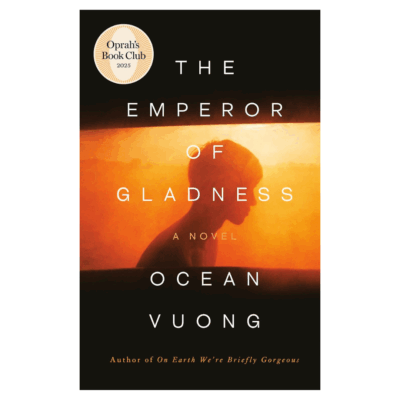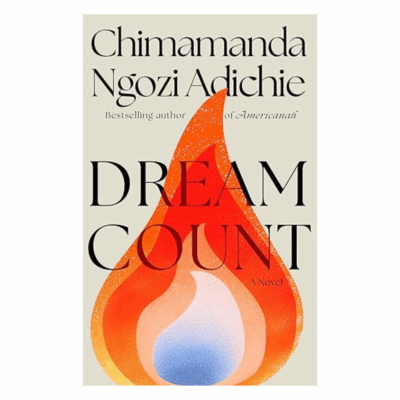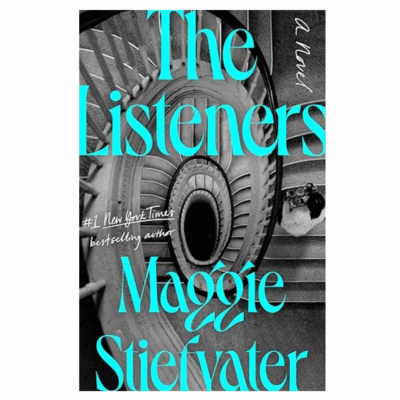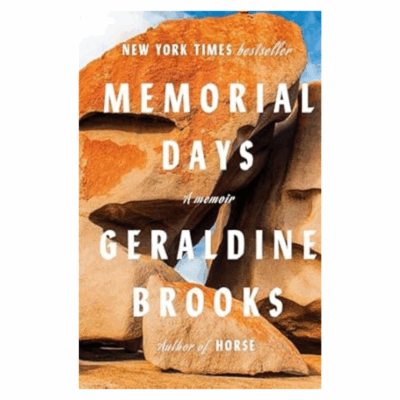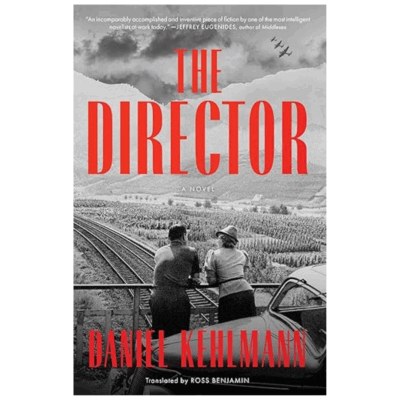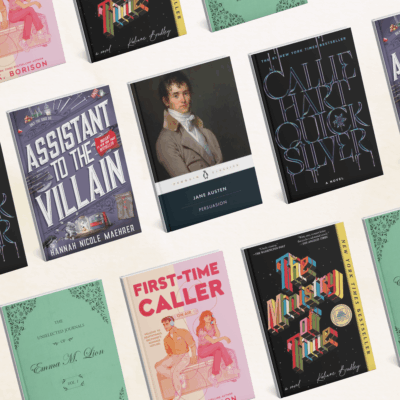We may receive a portion of sales if you purchase a product through a link in this article.
There are a dozen reasons to read a book, and a dozen more to decide what makes one truly great. For me, it’s not just about beautiful writing or a clever plot (though I love both). A great book is one that pierces the fourth wall—not between author and character, but inside of me. It’s the kind of story that doesn’t just offer escape, but subtly reframes how I see my own life.
I didn’t set out to read books with a particular theme this year. But it’s interesting how many of the titles on the “Best Of” lists seem to share a similar thread—one that winds through history, memory, and the stories we tell ourselves in order to survive. These are books that explore how the past seeps into the present, how we remember selectively, and what it means to carry lifelines forward and heal them, or simply to reinvent them for ourselves.
You’ll find family dramas here, yes, but also a controversial exposé, a soul-baring memoir, imagined acts of resistance, and stories that blur the line between what’s personal and political. These are stories that don’t ask you to agree with them, but they will stay with you. Not because they entertain, but because they mean something. These are the books that reached across the divide and pulled me in.
Feature image from our Wake Up Call with Radhi Devlukia.

The 10 Best Books of 2025 So Far
Don’t get me wrong—I love a good page-turner. Those summer sizzlers and twisty thrillers are proof that writers can build entire worlds and absorb us within them in an instant. But the books on this list linger for a different reason. They’re human in their own way, whether unfolding slowly or delivering emotion with every chapter. Sometimes the point isn’t just to check off your TBR list. It’s to read a page, then reread it again. Absorbing instead of achieving, and letting the words sink in.
Isola by Allegra Goodman
I’ve loved Goodman’s work since first discovering The Cookbook Collector, and this one is no different. Inspired by the real 16th-century story of Marguerite de la Rocque, Isola reimagines the life of a young noblewoman exiled to a remote island for falling in love. Left to survive with only her nurse and her lover, Marguerite endures everything you’d expect such isolation to bring—ultimately conceding to the inner transformation spurred on through physical and spiritual toil.
Read this if: You love historical fiction rooted in female resilience and tender allegory.
Careless People by Sarah Wynn-Williams
This is the rare nonfiction pick I had to include, because everyone is going to be talking about it—if they aren’t already. Wynn-Williams, a former Facebook executive, delivers an unflinching account of her time inside Big Tech, including some of its most consequential moments highlighting the true cost of disinformation. Part memoir, part exposé, and part meditation on burnout, Wynn-Williams challenges all of us to examine how we’re complicit in the system, but also while granting license to disempower it and imagine our new way forward.
Read this if: You’re craving truth, power, and a sobering look at the world we live in.
Flashlight by Susan Choi
After her father vanishes one evening on a beach, ten-year-old Louisa is left with more questions than closure. His body is never found—and though she was with him that night, she can’t recall a thing. As the story unfolds, we trace her father’s journey from North Korea to Japan and eventually to America after the war, revealing a life marked by displacement and silence. Years later, his disappearance still haunts Louisa, shaping her identity in ways she can’t outrun. Spanning continents and generations, Flashlight probes the murkiest of waters: the memories we carry and the stories we tell ourselves while grappling for the truth.
Read this if: You’re drawn to multigenerational stories with a slow burn, analyzing the thin line between remembering and imagining.
The Antidote by Karen Russell
From the author of Swamplandia! comes a gorgeously strange novel set in Dust Bowl–era Nebraska, where illness is mysteriously both cured and forgotten. At the center is a prairie witch known only as The Antidote, a woman who stores her clients’ most painful memories so they no longer have to bear them. But after a catastrophic dust storm, she realizes those memories have vanished entirely. Blending magical realism and satire with vivid characters, this book probes America’s own collective unconsciousness—asking what we’re willing to remember and what we lose when we don’t.
Read this if: You like your fiction a little weird and provokingly philosophical.
Good Dirt by Charmaine Wilkerson
In Good Dirt, Wilkerson delivers a lush, multi-generational novel surrounding the Freeman family’s matriarchal legacy. The story begins in 1803, when Kandia is kidnapped from her African village and enslaved in Barbados. Generations later, Ebby witnesses her brother’s murder, breaks an heirloom jar named “Old Mo,” then flees to France to rebuild her life. The narrative weaves together key women from across time and space as they process grief, identity, and inheritance—proving trauma can still lead to transformation and the triumph that represents.
Read this if: You love epic narratives that trace the strength of women across generations.
The Emperor of Gladness by Ocean Vuong
Vuong’s debut novel is poetry in prose, deftly teasing apart life’s fragile moments to reveal the beauty therein. The Emperor of Gladness is the story of Hai, a young college dropout adrift after loss, and Grazina, an elderly woman with dementia living in post-industrial East Gladness, Connecticut. Hai becomes her caregiver in exchange for a place to live, and their “found family” tale slowly intertwines with that of his new co-workers. It’s a steely look at life defined by hard work and overlooked people, but also a light on the softness we afford each other when we pause to see—and care.
Read this if: You want to feel undone and put back together by language.
Dream Count by Chimamanda Ngozi Adichie
Set against the backdrop of the 2020 pandemic, Dream Count weaves through the lives of four women—Chiamaka, Zikora, Kadiatou, and Omelogor—as they each navigate loss, intimacy, and cultural expectation. While the plot points of each character don’t neatly align, Adichie masterfully captures the nuance that is mid-life reckoning and rebuilding. These women are so captivatingly written, you’ll follow them anywhere.
Read this if: You love character-driven fiction that expands your heart and your worldview.
The Listeners by Maggie Stiefvater
Set in January 1942 at the luxurious Avallon Hotel & Spa in rural West Virginia, The Listeners paints an intimate, atmospheric portrait of wartime America. When the hotel’s aristocratic owners strike a deal with the State Department, Axis diplomats are detained on the property—much to the dismay of general manager June and her staff, many of whom have loved ones fighting overseas. But that’s not the only tension simmering beneath the surface. The hotel sits atop a mysterious spring whose waters are said to heal—or expose—whatever lies beneath.
Read this if: You want to explore moral complexity, resistance, and the weight of silence in the face of injustice.
Memorial Days by Geraldine Brooks
Hot take: We live in a culture that doesn’t quite know what to do with grief. Maybe that’s what makes Brooks’ Memorial Days so resonant; she doesn’t shy away from the messiness that is succumbing to the process. After the sudden death of her husband on Memorial Day in 2019, Brooks channels the resulting chaos into this memoir—complete with a personal pilgrimage three years later as she continues to navigate new sorrows and old identities.
Read this if: You value memoirs that don’t romanticize loss, but honor it with care and depth.
The Director by Daniel Kehlmann
We’re back in World War II, but this time through the lens of real-life Austrian filmmaker G. W. Pabst, reimagined in Daniel Kehlmann’s riveting novel The Director. Credited with discovering icons like Greta Garbo and Louise Brooks, Pabst escaped to Hollywood in the 1930s only to later return to Austria to help his ailing mother. There, he becomes trapped by the war and eventually employed in Nazi propaganda. Kehlmann builds the tension slowly, always humming in the background, as Pabst wrestles with creating art under authoritarian rule. The questions he raises have no easy answers—but you’ll be thinking of yours long after the last page.
Read this if: You’re fascinated by artists caught in impossible choices.




